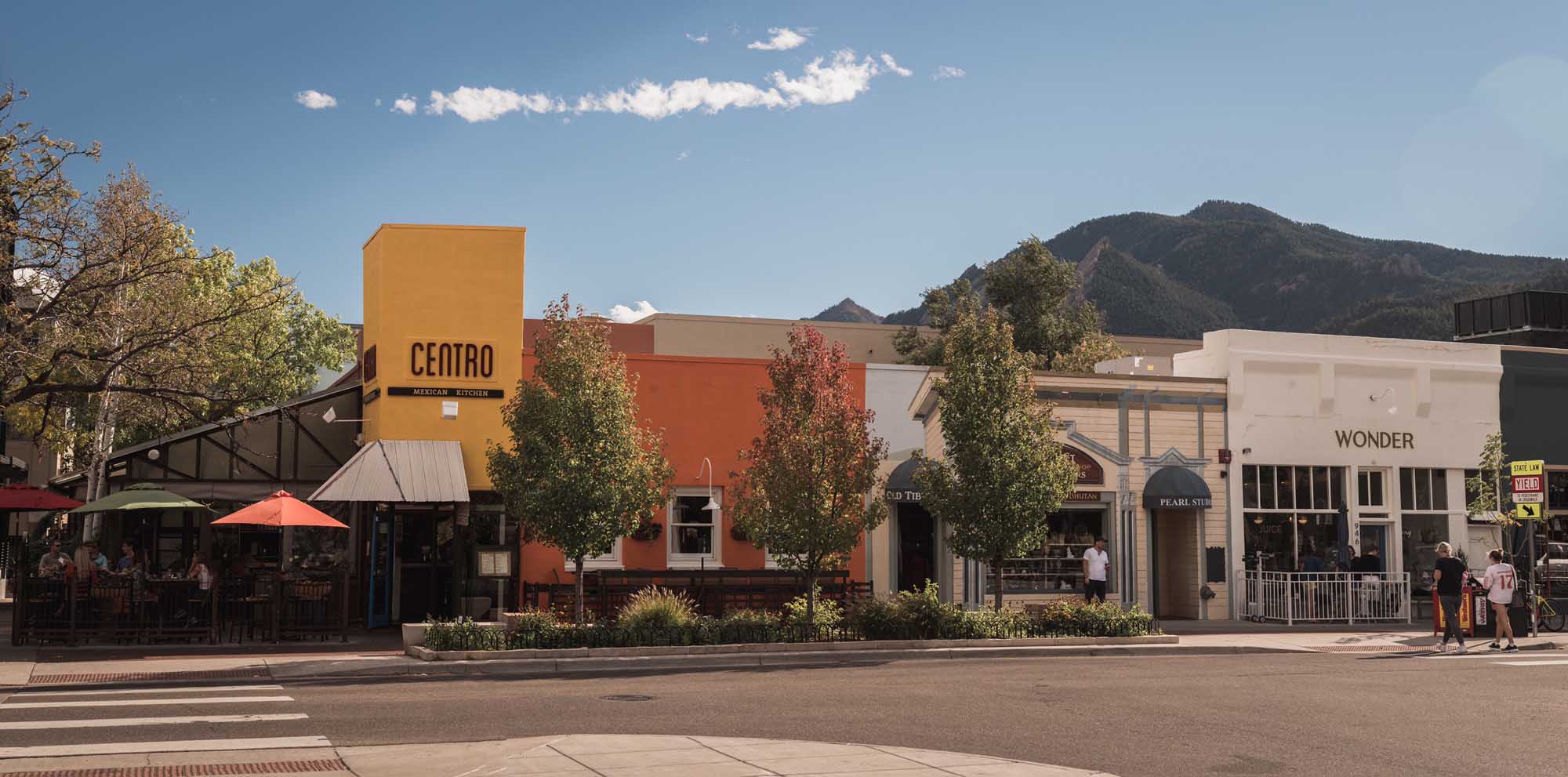
Green Building Codes Every Boulder Business Should Know About
By Rachel Rohrig, Associate Broker with Market Real Estate
 Boulder is widely known for its credo of green. For this year’s Earth Month, the city launched Boulder.Earth to “foster awareness, collaboration and connectivity for increased impact on environmental and social justice in Boulder, CO.”
Boulder is widely known for its credo of green. For this year’s Earth Month, the city launched Boulder.Earth to “foster awareness, collaboration and connectivity for increased impact on environmental and social justice in Boulder, CO.”
Boulder has a handful of other initiatives too, such as the Take Action campaign (geared toward residential action) and an aggressive set of energy and emissions goals:
- 100% renewable electricity by 2030
- 80% city organization emissions reduction by 2030
- 100 MW of local renewable generation by 2030
- 80% community emissions reduction by 2050
- Become a ZERO WASTE community by 2025
How do these various initiatives and goals impact commercial real estate?
The biggest chunk of emissions come from commercial/industrial sector… 54% to be exact. This means businesses will play a big role in meeting the city’s environmental goals. Here are some programs and tips to be aware of for businesses.
Building Performance Ordinance
This citywide ordinance outlines rating, reporting, and energy efficiency requirements for all commercial buildings. It includes an annual assessment of every building’s energy usage. Also, every ten years buildings must undergo a tune-up which may result in lighting changes, measures to reduce waste, and more. The assessments may require tenants and owners to cooperate in sharing energy bills and allowing access to the space.
Updates to energy codes
Boulder’s energy codes were updated most recently in 2017. The new codes support movement toward Net Zero Energy, which means, the amount of renewable energy produced on site, plus the amount purchased from approved community energy systems, is equal to or greater than the annual energy consumption of the site. The codes address, among many other things, construction waste management, electric vehicle charging, water efficiency, and radon mitigation.
All new building permit applications are subject to compliance with the energy codes. For existing buildings, permits are generally pulled during the change-over of tenants at which time owners must get compliant with all the updated energy codes. Always plan for extra time during these transitions.
SmartRegs
Starting this year, all owners of multi-family properties (or any residential rental properties) must obtain a rental housing license. And to obtain this license they must prove they are SmartRegs compliant (among other requirements). You can think of it like passing emissions to get your vehicle registration. SmartRegs requires every property become energy compliant by passing an inspection and paying a fee to the city. The regulations address things like water, insulation, heating, cooling, and more.
Beginning January 2, 2019, all non-compliant SmartRegs rental properties’ licenses expired and the units were no longer eligible to rent (until they are again compliant). There is a Virtual Advisor that will walk you through all the steps if you need help. It is hard to say just how much it will cost each home, but it could be as simple as updating light fixtures/bulbs or as involved as replacing windows.
Universal Zero Waste Ordinance
Finally, the Universal Waste Ordinance maintains the goal of generating new materials from 85% of waste by 2025 (rather than sending that waste to the landfill). As of 2018, Boulder generates new materials from 51% of waste. To reach the 85% goal, property managers must provide adequate trash, recycling, and composting service to tenants and occupants. And all businesses must separate recyclables and compostables from the trash and provide “properly placed containers and signage to facilitate the collection of recyclables and compostables.”
If you have questions about how Boulder’s green building regulations might impact your business or investments, get in touch with me, Rachel, any time!
